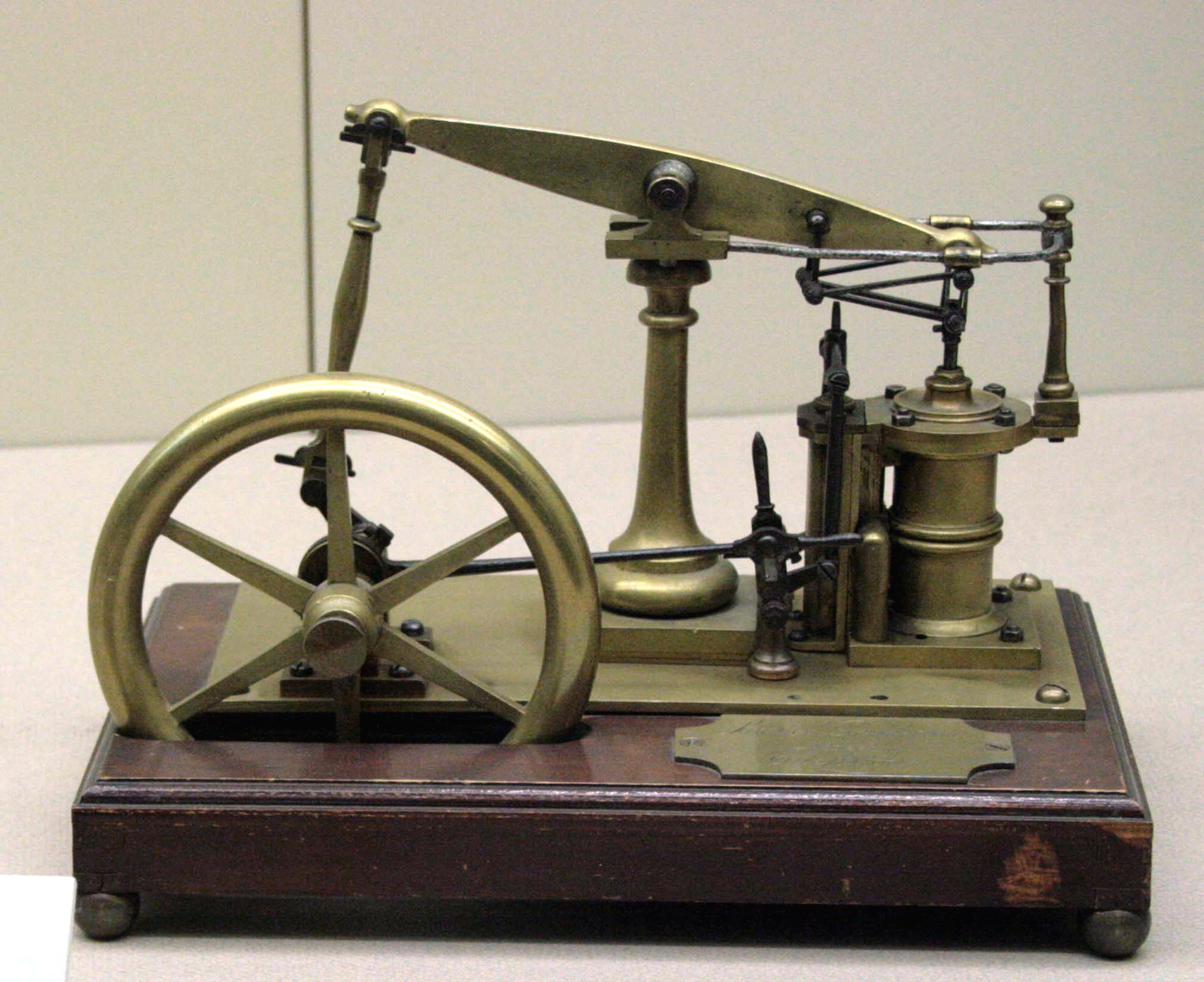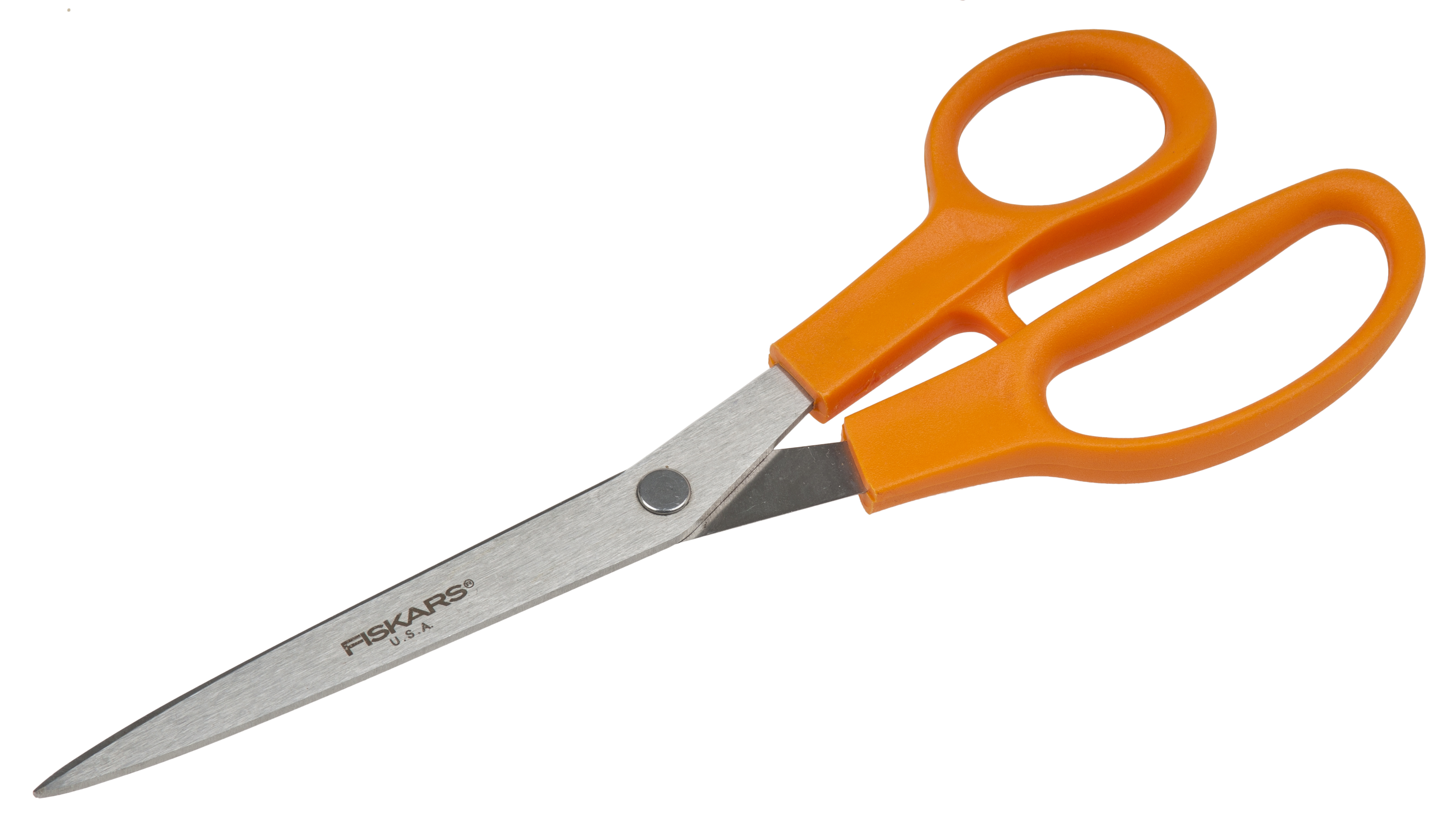|
Johan Jacob Julin
Johan (''John'') Jacob Julin, (since 1849 von Julin; 5 August 1787 – 11 March 1853) was a Swedo-Finnish pharmacist, factory owner and ''vuorineuvos''. His son was Albert von Julin, a businessman and also a ''vuorineuvos''. Through his daughter Hélène, he was also the maternal grandfather of Gustaf Mannerheim, the Marshal of Finland. John, like his father Johan Julin (1752–1820) and younger brother Erik Julin (1796–1874), became a pharmacist. He practiced in his father's pharmacy in Oulu and went to Sweden in 1806 to study chemistry and practice in pharmacies. John Julin graduated as a pharmacist in 1808 and as a pharmacist in 1810. After graduating, John Julin returned to Finland and bought the pharmacy of the Imperial Academy of Turku (Åbo) in 1811. In 1822 Julin bought Fiskars Ironworks and founded a foundry there in 1827. In 1832 he founded Finland's first fine forge and in 1837 Finland's first mechanical machine shop, which the following year manufactured the f ... [...More Info...] [...Related Items...] OR: [Wikipedia] [Google] [Baidu] |
Foundry
A foundry is a factory that produces metal castings. Metals are cast into shapes by melting them into a liquid, pouring the metal into a mold, and removing the mold material after the metal has solidified as it cools. The most common metals processed are aluminum and cast iron. However, other metals, such as bronze, brass, steel, magnesium, and zinc, are also used to produce castings in foundries. In this process, parts of desired shapes and sizes can be formed. Foundries are one of the largest contributors to the manufacturing recycling movement, melting and recasting millions of tons of scrap metal every year to create new durable goods. Moreover, many foundries use sand in their molding process. These foundries often use, recondition, and reuse sand, which is another form of recycling. Process In metalworking, casting involves pouring liquid metal into a mold, which contains a hollow cavity of the desired shape, and then allowing it to cool and solidify. The solidified pa ... [...More Info...] [...Related Items...] OR: [Wikipedia] [Google] [Baidu] |
1853 Deaths
Events January–March * January 6 – ** Florida Governor Thomas Brown signs legislation that provides public support for the new East Florida Seminary, leading to the establishment of the University of Florida. **U.S. President-elect Franklin Pierce's only living child, Benjamin "Benny" Pierce, is killed in a train accident. * January 8 – Taiping Rebellion: Zeng Guofan is ordered to assist the governor of Hunan in organizing a militia force to search for local bandits. * January 12 – Taiping Rebellion: The Taiping army occupies Wuchang. * January 19 – Giuseppe Verdi's opera '' Il Trovatore'' premieres in performance at Teatro Apollo in Rome. * February 10 – Taiping Rebellion: Taiping forces assemble at Hanyang, Hankou, and Wuchang, for the march on Nanjing. * February 12 – The city of Puerto Montt is founded in the Reloncaví Sound, Chile. * February 22 – Washington University in St. Louis is founded as Eliot Seminary. * March 5 – Saint Paul ... [...More Info...] [...Related Items...] OR: [Wikipedia] [Google] [Baidu] |
1787 Births
Events January–March * January 9 – The North Carolina General Assembly authorizes nine commissioners to purchase of land for the seat of Chatham County. The town is named Pittsborough (later shortened to Pittsboro), for William Pitt the Younger. * January 11 – William Herschel discovers Titania and Oberon, two moons of Uranus. * January 19 – Mozart's '' Symphony No. 38'' is premièred in Prague. * February 2 – Arthur St. Clair of Pennsylvania is chosen as the new President of the Congress of the Confederation.''Harper's Encyclopaedia of United States History from 458 A. D. to 1909'', ed. by Benson John Lossing and, Woodrow Wilson (Harper & Brothers, 1910) p167 * February 4 – Shays' Rebellion in Massachusetts fails. * February 21 – The Confederation Congress sends word to the 13 states that a convention will be held in Philadelphia on May 14 to revise the Articles of Confederation. * February 28 – A charter is granted, ... [...More Info...] [...Related Items...] OR: [Wikipedia] [Google] [Baidu] |
Finnish Pharmacists
Finnish may refer to: * Something or someone from, or related to Finland * Culture of Finland * Finnish people or Finns, the primary ethnic group in Finland * Finnish language, the national language of the Finnish people * Finnish cuisine See also * Finish (other) * Finland (other) * Suomi (other) Suomi means ''Finland'' in Finnish. Suomi may also refer to: *Finnish language Finnish (endonym: or ) is a Finnic languages, Finnic language of the Uralic languages, Uralic language family, spoken by the majority of the population in Finla ... * {{disambiguation Language and nationality disambiguation pages ... [...More Info...] [...Related Items...] OR: [Wikipedia] [Google] [Baidu] |
19th-century Finnish Businesspeople
The 19th century began on 1 January 1801 (represented by the Roman numerals MDCCCI), and ended on 31 December 1900 (MCM). It was the 9th century of the 2nd millennium. It was characterized by vast social upheaval. Slavery was abolished in much of Europe and the Americas. The First Industrial Revolution, though it began in the late 18th century, expanded beyond its British homeland for the first time during the 19th century, particularly remaking the economies and societies of the Low Countries, France, the Rhineland, Northern Italy, and the Northeastern United States. A few decades later, the Second Industrial Revolution led to ever more massive urbanization and much higher levels of productivity, profit, and prosperity, a pattern that continued into the 20th century. The Catholic Church, in response to the growing influence and power of modernism, secularism and materialism, formed the First Vatican Council in the late 19th century to deal with such problems and confirm ce ... [...More Info...] [...Related Items...] OR: [Wikipedia] [Google] [Baidu] |
Turku
Turku ( ; ; , ) is a city in Finland and the regional capital of Southwest Finland. It is located on the southwestern coast of the country at the mouth of the Aura River (Finland), River Aura. The population of Turku is approximately , while the Turku metropolitan area, metropolitan area has a population of approximately . It is the most populous Municipalities of Finland, municipality in Finland, and the third most populous List of urban areas in Finland by population, urban area in the country after Helsinki metropolitan area, Helsinki and Tampere metropolitan area, Tampere. Turku is Finland's oldest city. It is not known when Turku was granted city status. Pope Pope Gregory IX, Gregory IX first mentioned the town of ''Aboa'' in his ''Bulla'' in 1229, and this year is now used as the founding year of the city. Turku was the most important city in the eastern part of the Sweden, Kingdom of Sweden (today's Finland). After the Finnish War, Finland became an Grand Duchy of Finla ... [...More Info...] [...Related Items...] OR: [Wikipedia] [Google] [Baidu] |
Savings Bank
A savings bank is a financial institution that is not run on a profit-maximizing basis, and whose original or primary purpose is collecting deposits on savings accounts that are invested on a low-risk basis and receive interest. Savings banks have mostly existed as a separate category in Europe. Savings banks originated in late-18th century Europe as a development of the Enlightenment, and became a Europe-wide phenomenon in the first half of the 19th century. The trajectories of savings bank systems then diverged across European nations, variously leading to the formation of integrated banking groups, cohesive national networks, conversion into cooperative banking or commercial banking entities, and/or piecemeal consolidation with other credit institutions. In most countries, the surviving savings banks have private-sector status and no longer operate under a distinctive legislative framework; significant exceptions include Germany and Luxembourg, where savings banks are public ... [...More Info...] [...Related Items...] OR: [Wikipedia] [Google] [Baidu] |
Steamship
A steamship, often referred to as a steamer, is a type of steam-powered vessel, typically ocean-faring and seaworthy, that is propelled by one or more steam engines that typically move (turn) propellers or paddlewheels. The first steamships came into practical usage during the early 19th century; however, there were exceptions that came before. Steamships usually use the prefix designations of "PS" for ''paddle steamer'' or "SS" for ''screw steamer'' (using a propeller or screw). As paddle steamers became less common, "SS" is incorrectly assumed by many to stand for "steamship". Ships powered by internal combustion engines use a prefix such as "MV" for ''motor vessel'', so it is not correct to use "SS" for most modern vessels. As steamships were less dependent on wind patterns, new trade routes opened up. The steamship has been described as a "major driver of the first wave of trade globalization (1870–1913)" and contributor to "an increase in international trade that was ... [...More Info...] [...Related Items...] OR: [Wikipedia] [Google] [Baidu] |
Steam Engine
A steam engine is a heat engine that performs Work (physics), mechanical work using steam as its working fluid. The steam engine uses the force produced by steam pressure to push a piston back and forth inside a Cylinder (locomotive), cylinder. This pushing force can be transformed by a connecting rod and Crank (mechanism), crank into rotational force for work. The term "steam engine" is most commonly applied to reciprocating engines as just described, although some authorities have also referred to the steam turbine and devices such as Hero's aeolipile as "steam engines". The essential feature of steam engines is that they are external combustion engines, where the working fluid is separated from the combustion products. The ideal thermodynamic cycle used to analyze this process is called the Rankine cycle. In general usage, the term ''steam engine'' can refer to either complete steam plants (including Boiler (power generation), boilers etc.), such as railway steam locomot ... [...More Info...] [...Related Items...] OR: [Wikipedia] [Google] [Baidu] |
Fiskars
Fiskars Corporation (natively Fiskars Oyj Abp; formerly Fiskars Oy Ab until 1998) is a Finnish consumer goods company founded in 1649 in Fiskars, Finland, Fiskars, a locality in the town of Raseborg, Finland, about 100 kilometres (62 mi) west of Helsinki. It is one of the List of oldest companies, oldest continuously operating companies in the world. Fiskars' global headquarters are located in the Keilaniemi district of Espoo, near Helsinki. Fiskars is best known for its orange-handled scissors, which were originally created in 1967. Fiskars operates as an integrated consumer goods company and has two strategic business units – SBU Living and SBU Functional. History The company traces its origins to 1649, when a Dutch merchant named Peter Thorwöste was given a charter by Christina, Queen of Sweden, to establish a blast furnace and forging operation in the small village of Fiskars, Finland, Fiskars; however, he was not permitted to produce cannons. This makes it the old ... [...More Info...] [...Related Items...] OR: [Wikipedia] [Google] [Baidu] |
Swedo-Finnish
The Swedish-speaking population of Finland (whose members are called by many names—see #Terminology, below; ; ) is a linguistic minority in Finland. They maintain a strong identity and are seen either as a separate cultural, ethnic or linguistic group or, occasionally, a distinct nationality. They speak Finland Swedish, which encompasses both a standard language and distinct dialects that are mutual intelligibility, mutually intelligible with the Swedish dialects, dialects spoken in Sweden and, to a lesser extent, other Scandinavian languages. According to Statistics Finland, Swedish is the first language, mother tongue of about 260,000 people in mainland Finland and of about 26,000 people in Åland, a self-governing archipelago off the west coast of Finland, where Swedish is the sole official language. Swedish-speakers comprise 5% of the total Finnish population or about 4.9% without Åland. The proportion has been steadily diminishing since the early 19th century, when Swed ... [...More Info...] [...Related Items...] OR: [Wikipedia] [Google] [Baidu] |







